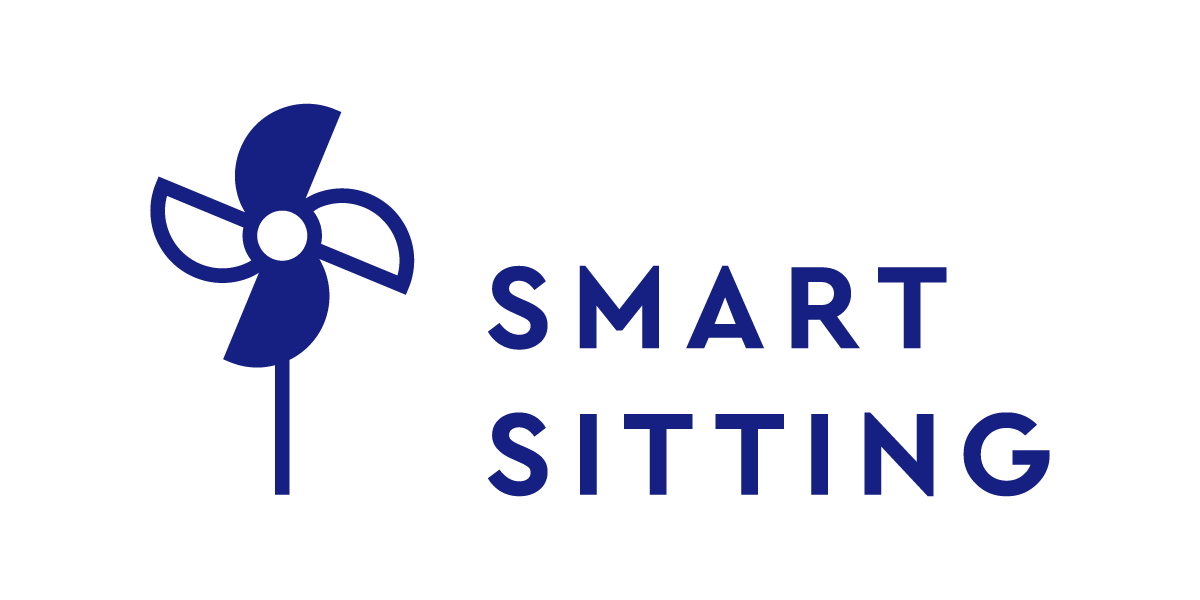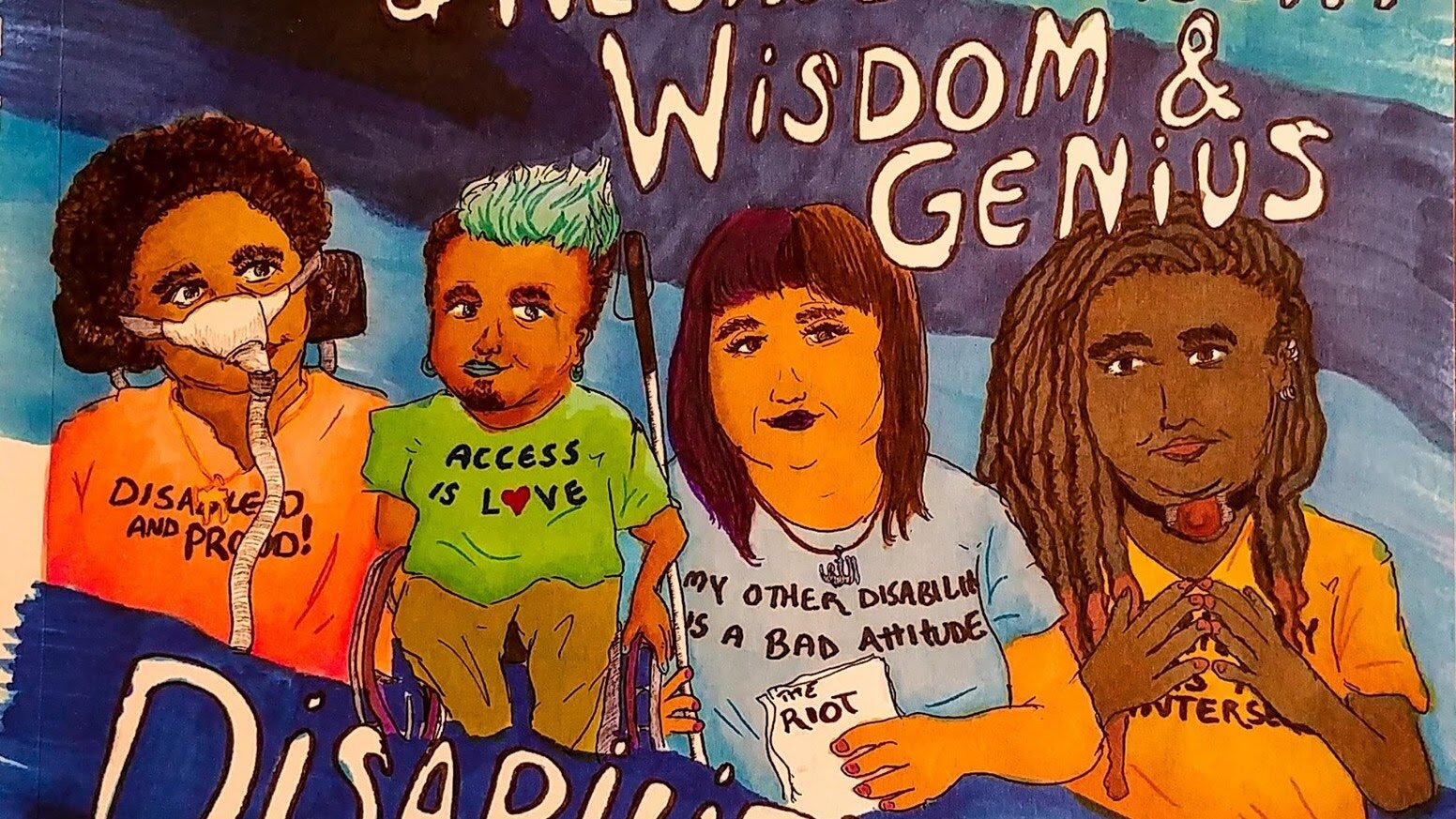Introducing Disability Justice to Your Kids
By Gabi Shiner - SDIC Mental Health Advocate
Artwork by Lydia X.Z. Brown (they/them)
Mental health advocacy is a social justice issue under the umbrella of Disability Justice, a social movement started by queer, disabled activists of color (including Mia Mingus and Patty Berne) around 2005. While ableism seeks to create a social group where some bodies are lesser, and therefore “other,” disability justice is built around the idea that “all bodies are unique and essential,” and that “all bodies have needs that must be met.” This includes all of us, whether or not we identify as disabled. Here are some ways we can integrate disability justice ideas into our conversations and interactions with our kids, loosely based off of the 10 Principles of Disability Justice:
Be mindful of our attitude around sickness and disability
We live in a world that's focused on "fixing" or “blaming” people who are sick. This happens on small and large scales: we’re disappointed in ourselves when we have to take sick days from work, and we’ve learned to blame or pity those who are now suffering from chronic health conditions due to Covid. Disability justice holds that being sick doesn't make you less worthy - or capable - of a full life. Many of us were brought up to assume that the lives of disabled people are purely tragic, but we can teach our kids that disabled folks live lives as complex as anyone’s. This goes for people across the disability spectrum, which includes mental/cognitive and physical disability -- or, “visible” and “invisible” disability. As disability justice advocate Lydia X.Z. Brown put it in Huffpost, “People have different ways of living and moving through the world. When deaf people are using sign language, it’s not a lesser form of communication. If someone is spinning or rocking by a fountain, it’s not weird or freakish. That’s another way of expressing joy.”
Pointing out barriers to access
Disabled people face many barriers to moving through the world that are often invisible to able-bodied people. We can create awareness of those barriers by pointing out, for instance, when buildings don’t have ramps for wheelchairs or when there's no ASL interpretation in live events. Beyond that, we can teach our kids why barriers to access matter for one’s quality of life by explaining their implications: you might point out that there is no ramp up to the museum, which makes it much more difficult for people in wheelchairs to see and enjoy the art up close.
Acknowledging limits
Disability justice holds that productivity does not equal worth - we are unconditionally important, no matter how much or how little work we get done. We can honor this principle by respecting ourselves (and even celebrating ourselves!) when we need to take breaks. Try applauding your child’s decision to step away or take a break in the same way you would celebrate a finished homework assignment.
Normalize access needs
Everyone has access needs - needs that they need to have met in order to be fully present in a given space. However, we cannot ask for our needs met without learning to recognize what they are, which is a practice we can engage in communally. Try asking your child what they need to feel more comfortable even when it might not seem necessary (“Is the volume okay? Do you want subtitles on?") to help build this awareness. This way, we can teach our children another core tenet of disability justice: that we can rely on one another to provide support in a world that doesn’t always offer it.
As we work to raise socially conscious kids, it’s important to remember that (dis)ability interacts with all the other identities we hold, like race, class and gender. In fact, activists like Mingus and Berne started conversations around Disability Justice because the mainstream movement for disability rights excluded non-white disabled people. While the ideas listed above are inspired by their teachings, truly committing to Disability Justice means centering the voices of queer and trans disabled people of color and working toward liberation for all.
Have you encountered ableism in our society? How have you approached societal attitudes around disability with children? Let us know on our Instagram or Facebook and keep the conversation going! For more important information and advice from Smart Sitting’s Diversity and Inclusion Council, SDIC, sign up for our newsletter.

